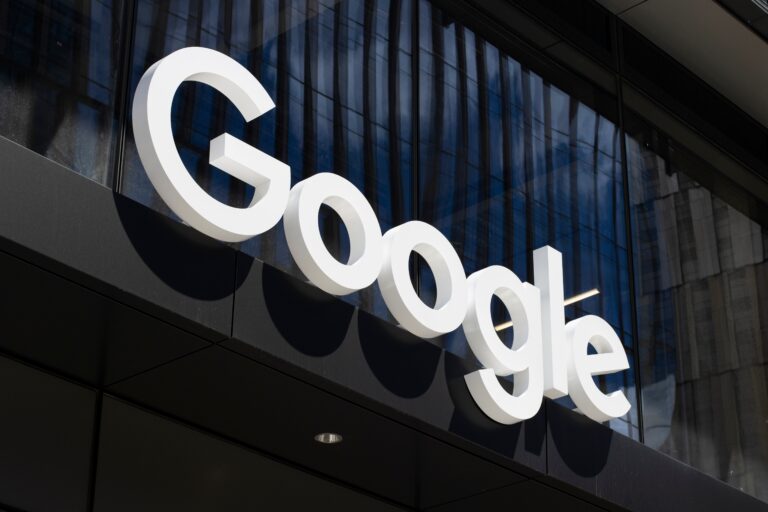Lately I’m being asked more often whether search engine optimization is now dead considering that people rely more on OpenAI and other AI tools for finding information, which means ranking in Google is no longer important.
To answer this, we need to start with why we do search engine optimization and why we optimize websites in the first place.
The purpose of search engine optimization (SEO) is to increase a website’s visibility and traffic in search engines like Google. SEO is important because it is a known fact that users who arrive on a website through organic channels convert better than those who come through paid ads or other sources. The reason is simple – from the moment they type something into Google they are already looking for what your website offers.
Search engine optimization has always been connected to creating useful and user friendly content.
If we talk about AI based algorithms, their goal is actually the same as traditional search engines. They try to give the user the content they want to find.
This means that if your website offers more value than competing pages, it will achieve better visibility whether in Google search results or in generative AI answers.
It is important to remember that AI search tools take their answers from websites and they also display links to these pages. If your website is not properly optimized, AI will take its answer to the question “where can I get the best service or product” from your competitor’s site.
To better understand the difference between SEO and GEO we need to look at both.
What Is SEO?
Search engine optimization is a set of strategies and techniques aimed at improving a website’s visibility in traditional search engines like Google, Bing or DuckDuckGo. Its main purpose is to bring organic (free) traffic to a website by achieving high positions in search results.
SEO includes keyword research, creating quality content, technical optimization (such as page speed and mobile friendliness), internal and external linking strategies and optimizing metadata. Results do not appear overnight, but a well optimized website creates long term value and stable organic traffic.
What Is GEO?
GEO or generative engine optimization is a new and rapidly evolving field that focuses on optimizing content for AI based search engines and conversational tools such as Google Search Generative Experience (SGE), ChatGPT, Bing Chat and other generative platforms.
Unlike traditional SEO, GEO is not only about appearing in search results. Its goal is to become the source that AI uses when generating answers. For example, if a user asks ChatGPT “what is the best color for a kitchen”, then GEO optimized content may be what the AI quotes or summarizes.
Generative search changes the way people search for and consume information, which means the focus of your website needs to shift slightly. However, this does not make search engine optimization unnecessary. It simply means SEO strategies must be updated and adapted.
There are three main changes to keep in mind:
- Change in Search Behavior
Generative AI engines like ChatGPT and Google SGE provide conversational and specific answers instead of just a list of links on a search results page. This means content must be written in natural language, be in an AI readable format and answer specific questions.
- Quality Content Matters Even More
AI prefers authoritative and well structured content. The content must have real value – it needs to be accurate, detailed and reliable. Filling a page with keywords and hoping Google will pick it up no longer works. This is where proper seo analysis and a strong digital marketing strategy are essential.
- Technical SEO and Structure
For AI to correctly read your website it must be technically well optimized:
- The site should contain as much structured data as possible;
- Website structure must be logical and easy to understand;
- Pages must be indexable and fast loading.
A key element here is structured data. Schema markup is a code snippet added to your HTML to help search engines understand what your content is about.
Simply put:
- People read a page to understand its content.
- Search engines need help to “read” the same information and this is where Schema markup makes a big difference.
Schema can help Google display additional information with your result such as ratings, images, prices or frequently asked questions. This boosts visibility and increases click through rate.
Schema also helps AI understand the structure and meaning of your content which is crucial for GEO. For example, if your article is correctly marked as an “FAQ”, AI may use it directly in its answers or display it in Google’s search interface.
User Experience Becomes a Key Factor
AI is getting better at evaluating how satisfied users are with your website. If your site is slow, hard to navigate or not mobile friendly this can affect your visibility in AI based results and even in regular website optimization efforts. Improving user experience is now essential for both SEO and modern AI search.
Good SEO Helps You Stay Visible in Generative Search
All the areas that matter in GEO have already been important in search engine optimization for a long time. This means that if your website is well optimized today it will continue to bring value in the future.
If you want to check the state of your SEO and GEO and see whether users are actually reaching your website, feel free to contact us.
Author: Alexander Maasik, SEO Product Lead









